In an increasingly digital world, where the need for swift, secure, and environmentally friendly solutions has never been more pressing, e-signature technology has emerged as a crucial player in the modern business landscape. Among the giants in this arena, two names frequently take center stage: DocuSign and Adobe Sign. Each platform boasts a unique set of features and capabilities designed to streamline document management and enhance user experience. But with growing competition and changing business needs, the question arises: which e-signature solution truly reigns supreme? In this article, we will delve into the strengths and weaknesses of both DocuSign and Adobe Sign, exploring their functionalities, integrations, security measures, and pricing options. By the end, you’ll be better equipped to determine which solution aligns best with your specific needs, helping you make an informed decision in the pursuit of efficiency and convenience in your digital transactions.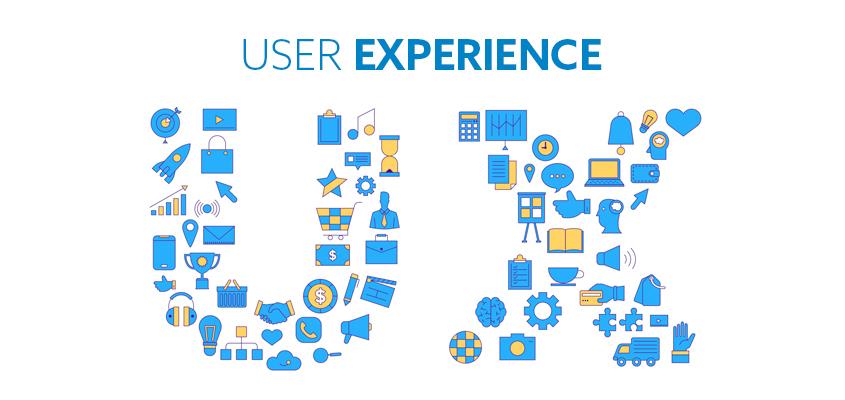
Comparative Overview of User Experience and Interface Design
When it comes to user experience, DocuSign and Adobe Sign both aim to streamline the e-signature process, but they achieve this in different ways. DocuSign boasts a clean, intuitive interface that focuses on simplicity, allowing users to quickly navigate through the signing process. Key features include:
- One-Click Signing: Users can complete documents with minimal clicks.
- Mobile Accessibility: The mobile app is highly rated for ease of use on-the-go.
- Custom Workflows: Users can tailor the signing process to suit their needs.
On the other hand, Adobe Sign leverages its integration within the Adobe suite to enhance user experience, making it particularly appealing for those already using Adobe products. Its interface is rich with features and customization options, which might slightly increase the learning curve. Some highlights include:
- Robust Integration: Seamlessly integrates with various Adobe applications.
- Advanced Editing Tools: Provides comprehensive editing options before sending documents for signatures.
- Enterprise Solutions: Tailored options for larger organizations needing advanced management features.
| Feature | DocuSign | Adobe Sign |
|---|---|---|
| Interface Design | Simplistic and intuitive | Rich with features |
| Mobile Usability | Highly rated mobile app | Functional but complex |
| Customization | Custom workflows available | Advanced editing options |

Security Features and Compliance Standards: A Detailed Analysis
When it comes to ensuring the integrity of digital transactions, both DocuSign and Adobe Sign excel with robust security features. DocuSign employs encryption during data transmission and storage, coupled with multiple authentication methods like SMS and email verification, ensuring only authorized users can access sensitive documents. On the other hand, Adobe Sign integrates seamlessly with Adobe’s trusted environment, providing secure access controls and audit trails that track every action taken on a document. This level of transparency is crucial for businesses that need to comply with various legal standards.
Compliance with international regulations is another critical factor for organizations considering e-signature solutions. DocuSign is compliant with standards such as ESIGN, UETA, GDPR, and FERPA, which makes it suitable for a wide range of industries including finance and healthcare. Meanwhile, Adobe Sign also adheres to these regulations while additionally offering support for SOC 2 Type II, providing further assurance to enterprises regarding data security and privacy. The following table summarizes the compliance strengths of both platforms:
| Compliance Standard | DocuSign | Adobe Sign |
|---|---|---|
| ESIGN | ✔️ | ✔️ |
| UETA | ✔️ | ✔️ |
| GDPR | ✔️ | ✔️ |
| SOC 2 Type II | ❌ | ✔️ |
| FERPA | ✔️ | ❌ |
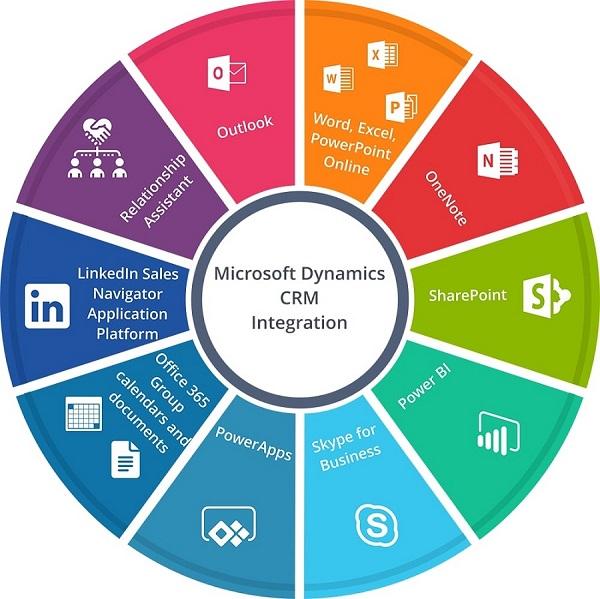
Integration Capabilities with Business Software Ecosystems
Both DocuSign and Adobe Sign have made significant strides in integrating with various business software ecosystems, catering to the diverse needs of organizations across multiple industries. DocuSign offers a robust set of APIs, facilitating seamless integration with popular platforms like Salesforce, Microsoft 365, and Google Workspace. This connectivity not only automates workflows but enhances user experience by enabling users to initiate and manage documents effortlessly from their preferred applications. Meanwhile, Adobe Sign also boasts strong integration capabilities, especially within the Adobe Document Cloud suite, making it a natural choice for businesses already invested in Adobe products.
When considering integration, it’s important to evaluate the range of third-party applications each solution can connect with. Here’s a quick comparison of some key integrations:
| Integration | DocuSign | Adobe Sign |
|---|---|---|
| Salesforce | ✔️ | ✔️ |
| Google Workspace | ✔️ | ❌ |
| Microsoft 365 | ✔️ | ✔️ |
| Zapier | ✔️ | ✔️ |
| Box | ✔️ | ✔️ |
Ultimately, the choice between DocuSign and Adobe Sign may hinge on how well each solution integrates with your existing tools and processes. Both platforms provide extensive options, but assessing which solution better fits into your technology stack can greatly influence overall efficiency and user satisfaction.
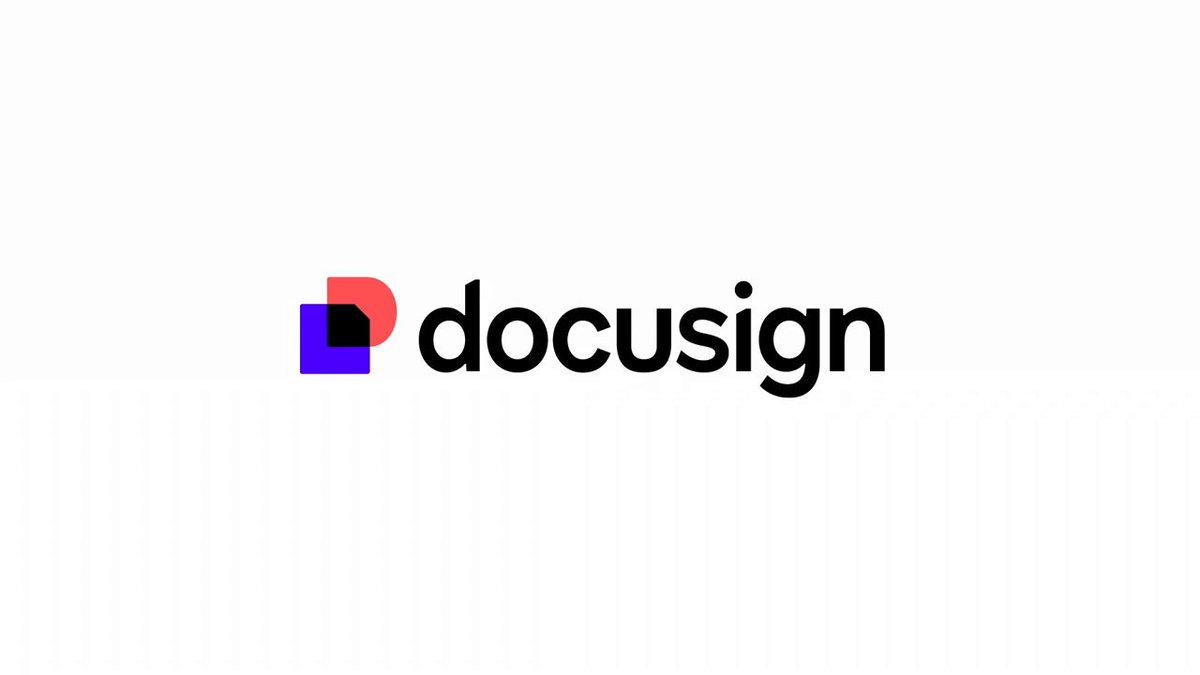
Cost-Effectiveness and Value for Money: Making Informed Choices
When comparing e-signature solutions like DocuSign and Adobe Sign, assessing cost-effectiveness is essential for businesses aiming to balance quality and budget. Both platforms provide robust features tailored to various needs, but they differ significantly in pricing and value delivery. DocuSign often appeals to small and medium-sized enterprises with its entry-level packages, allowing seamless integration with many third-party applications, thus reducing additional costs associated with other software. On the other hand, Adobe Sign is a more comprehensive solution that may seem pricey at first glance, yet it can yield cost savings in the long run by streamlining workflows in organizations heavily reliant on document management.
To make an informed choice, businesses can evaluate the following factors:
- Subscription Plans: Both platforms offer various pricing tiers, which can significantly affect overall expenses.
- Volume of Usage: Understanding the frequency of use can lead to better budgeting decisions and highlight potential savings.
- Features vs. Cost: Comparing specific functionality against pricing helps identify which solution provides better return on investment.
| Factor | DocuSign | Adobe Sign |
|---|---|---|
| Starting Price | From $10/month | From $14.99/month |
| Free Trial | Yes | Yes |
| Integration Options | Wide Selection | Strong in Adobe Ecosystem |
The Way Forward
In the digital landscape, where swift and secure transactions are paramount, businesses are consistently on the lookout for solutions that not only meet their e-signature needs but elevate their workflow. As we’ve explored the strengths and weaknesses of DocuSign and Adobe Sign, it’s evident that both platforms have carved out a distinct niche in the market.
DocuSign enchants users with its simplicity and user-friendly interface, making it an attractive choice for small to mid-sized businesses. On the other hand, Adobe Sign captivates with its robust integration capabilities and familiarity, particularly appealing for enterprises already immersed in the Adobe ecosystem.
Ultimately, the question of supremacy boils down to your specific requirements and preferences. Will you prioritize ease of use or extensive functionality? As you navigate this decision, consider not just the features, but how each platform aligns with your business’s unique vision. whether you choose DocuSign or Adobe Sign, both promise to empower you with the tools needed to adapt to an evolving digital age—one signature at a time.
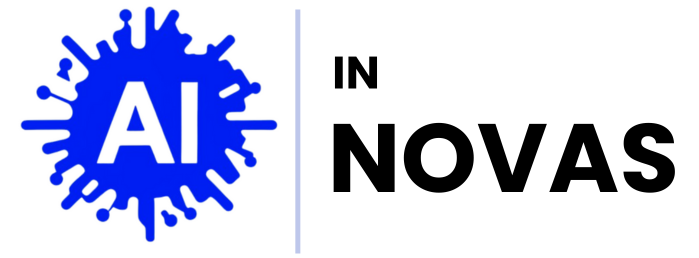
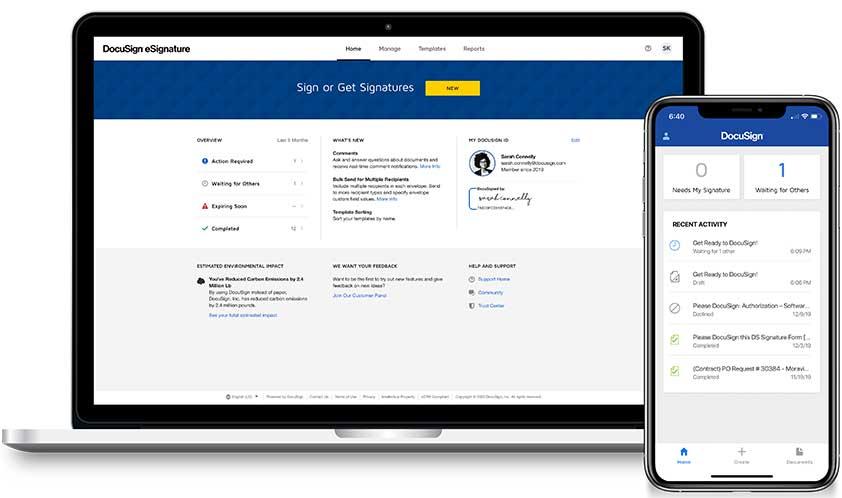



Pingback: DocuSign vs. Adobe Sign: The Ultimate E-Signature Showdown - AI in Novas